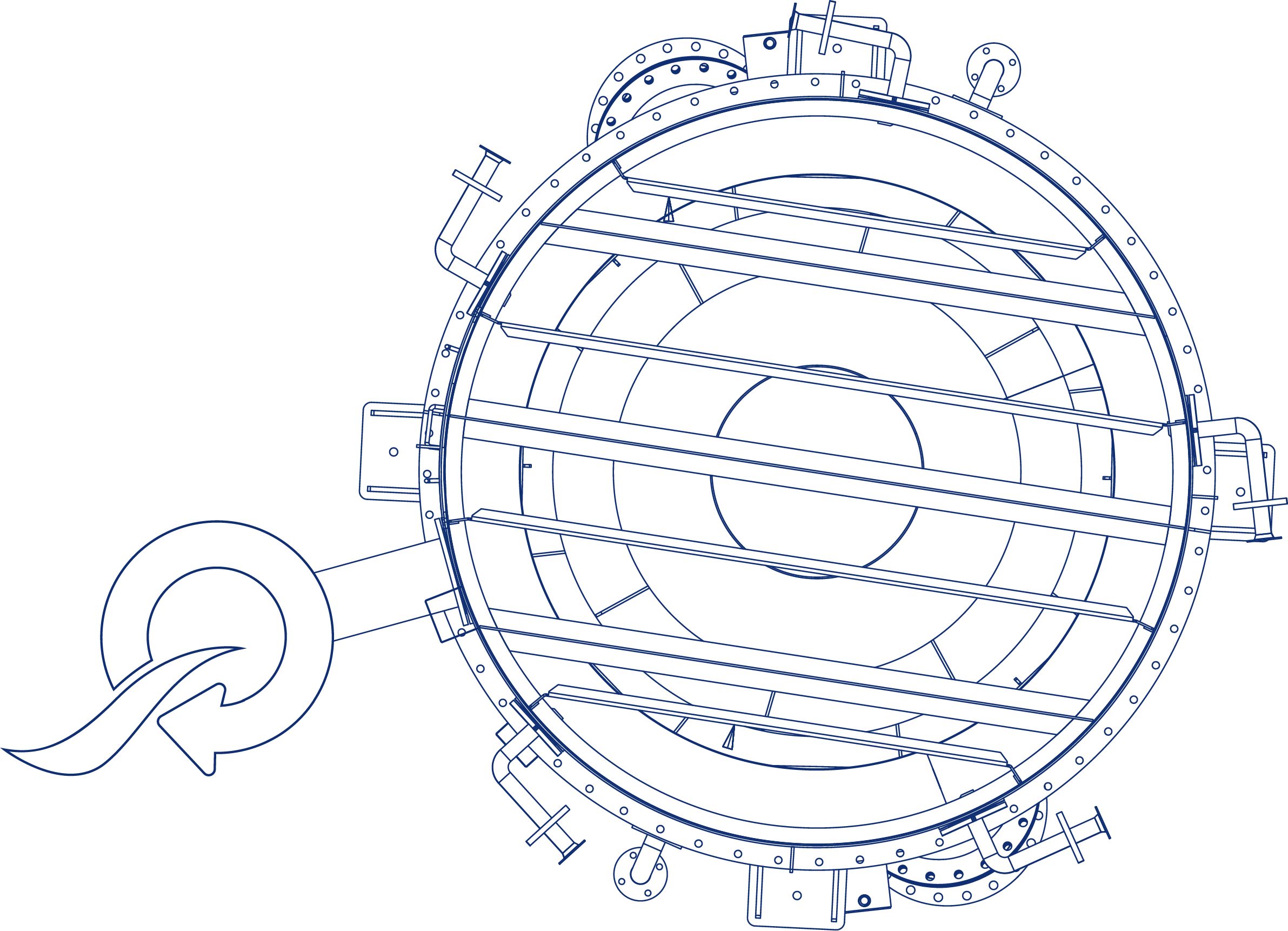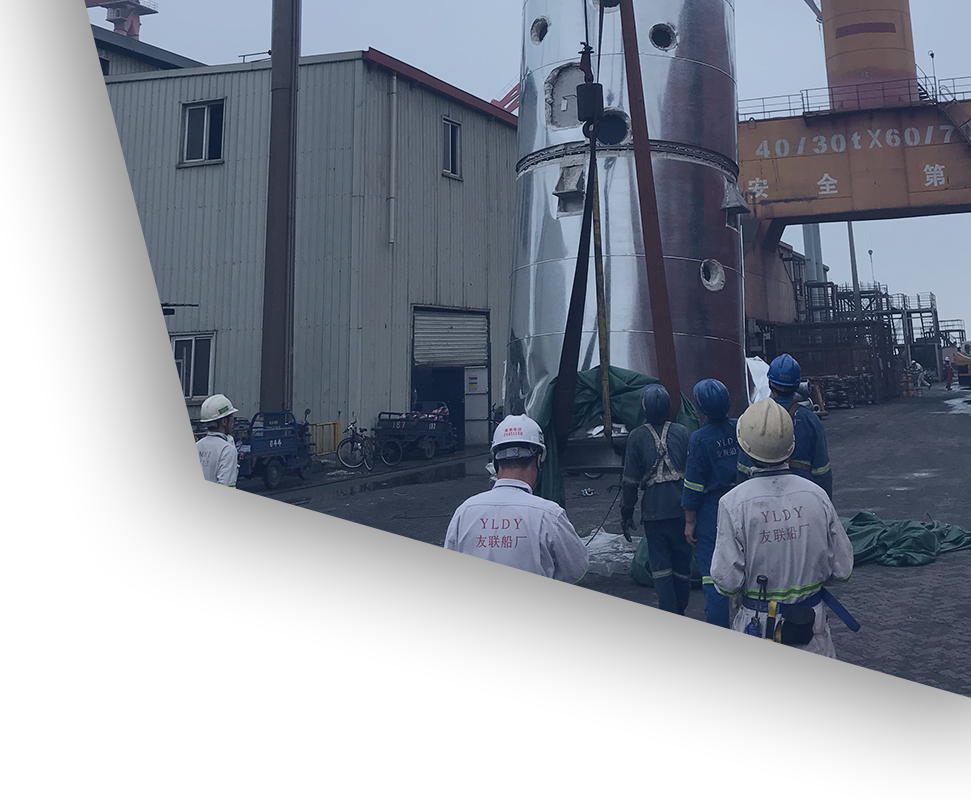

The International Maritime Organization’s regulatory framework for the global shipping industry allows the use of abatement
technologies and recognises that scrubbers are an efficient technology for exhaust gas cleaning
Sulphur Oxide (SOx) emissions have a proven adverse impact on both global eco systems and human health. It is believed that SOx emissions from shipping activities alone account for more than 100,000 deaths per year and are therefore a significant cause for concern.
The International Maritime Organization (IMO) is a specialised agency under the UN responsible for the regulatory framework for the global shipping industry, including environmental legislation. To mitigate the environmental impact of global shipping activities, IMO has established emission control areas (ECA) and SOx emission control areas (SECA).
Since 2015, the fuel used in these areas has been required to not exceed 0.1%. After 1 January 2020, there will be a global limit of 0.5% sulphur in fuel, and the shipping industry must follow these stricter rules. Also, a carriage ban for Heavy Fuel Oil (HFO) on ships that do not have an approved scrubber system will be in force by 1 March 2020.
IMO allows the shipping industry to use abatement technologies, provided that the technology reduces the emission of sulphur oxide into the atmosphere at the same or lower levels. IMO recognises that scrubbers are an efficient technology for exhaust gas cleaning. We have spent years developing our patented scrubber solution – PureteQ Maritime Scrubber System – today recognised as one of the best and most reliable systems in the industry.
Technical and operational amendments to the IMO regulations on carbon intensity measures for exhaust gas cleaning systems entered into force on November 1, 2022, requiring ships to improve their energy efficiency and thereby reduce their greenhouse gas (GHG) emissions.
According to IMO all ships are required to calculate their attained Energy Efficiency Existing Ship Index (EEXI), to measure energy efficiency, and to initiate the collection of data for the reporting of their annual operational carbon intensity indicator (CII) and CII rating.
PureteQ’s next generation scrubbers and marine water monitoring system have taken these measures into account and thus making it easier for shipowners to not only increase their operational performance but also to report their environmental performance according to the new regulations.
MEPC.340(77) 2021 Guidelines for Exhaust Gas Cleaning Systems